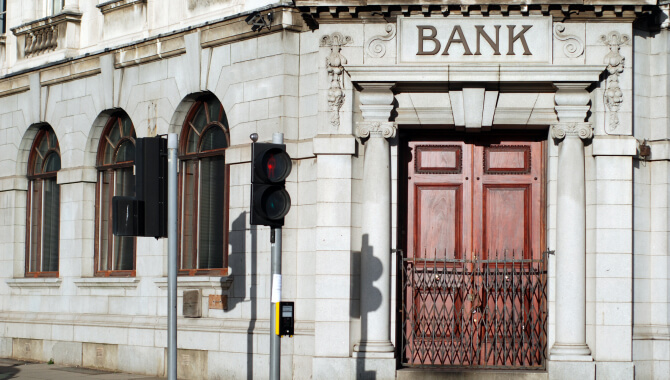If you’re a Barclays customer and have fallen victim to fraud, you may be wondering whether the bank will refund your money. Keep reading to see how likely Barclays are to reimburse you, the common types of Barclays bank fraud, and how a specialist recovery firm can help you reclaim what’s yours.
Common types of Barclays bank fraud
Here are some of the most common cases of bank fraud we’re seeing:
Phishing Scams
Phishing scams are when fraudsters impersonate a trusted organisation (in this case, Barclays) and send you messages. The goal is to trick you into sharing sensitive information or transferring money into other accounts.
Scammers may send emails, text or call you, pretending to be from Barclays. These messages often include links to fake websites, requesting your sensitive information or installing viruses onto your devices.
APP Fraud
Authorised push payment fraud (or APP fraud) is where a scammer convinces you to transfer money to another account. Impersonation scams are rife in APP fraud, with con artists often convincing victims they’re acting on behalf of a trusted organisation.
For example, you may get a phone call from someone pretending to be from Barclays. They may claim you’ve been a victim of fraud and persuade you to move your money into another Barclays account. However, this account turns out to be linked to the scammer.
Debit or Credit Card Fraud
Scammers target your card details. They often use skimming devices, compromised ATMs, or large-scale data breaches to steal your card information. Once they have it, they use it to make unauthorised purchases or multiple withdrawals.
What can I do if Barclays failed to protect me from a scam?
In October 2024, a change in regulation announced that banks must be held accountable for investigating scam claims thoroughly and fairly. This means that if you were involved in a scam and believe Barclays didn’t do enough to prevent it, you could be due compensation from the bank.
As an SRA-regulated firm, we can help you build a strong case for reimbursement. We’ll manage your claim from start to finish and ensure you’re supported and updated at every stage of our simple process. Get in touch to start your claim.
How to report bank fraud with Barclays
If you think you’ve been scammed, you should always report it. Not only can it help provide clarity on whether you’ve been targeted by fraud, but it can also help others stay safe, too.
If there’s an issue with your card payment, Barclays recommends contacting the company you paid first. If they refuse to help or simply can’t, you can get in touch with Barclays directly. You can do this by using the number on the back of your card, using the Barclays app, or through online banking.
Will Barclays refund scammed money?
Barclays follows the Contingent Reimbursement Model (CRM) Code. Under the code, the bank is expected to refund victims of APP fraud if:
- They believe you were tricked into making a payment from a scammer appearing as a genuine source (APP fraud)
- You reported the scam quickly and took reasonable steps to protect your account
- Your card was used fraudulently, without your permission
However, Barclays can choose not to reimburse you if:
- You authorised the payment and ignored scam warnings
- You shared your bank details with the scammer
- You delayed reporting the scam
However, in many instances, banks are wrongly denying reimbursement for fraud victims. If this has happened to you, Wealth Recovery Solicitors can help you fight back.
We help Barclays customers recover the money they’ve lost
If you’ve been wrongly denied reimbursement after a bank scam on Barclays, we can build you a credible case that holds the bank accountable and requests that you be refunded.
We’ll also manage your case from start to finish and ensure you’re updated throughout our simple process. This level of care and attention is why we’ve recovered over £50,000,000 for our clients and earned an ‘Excellent’ rating on Trustpilot.
Get in touch to speak to one of our friendly solicitors today.

